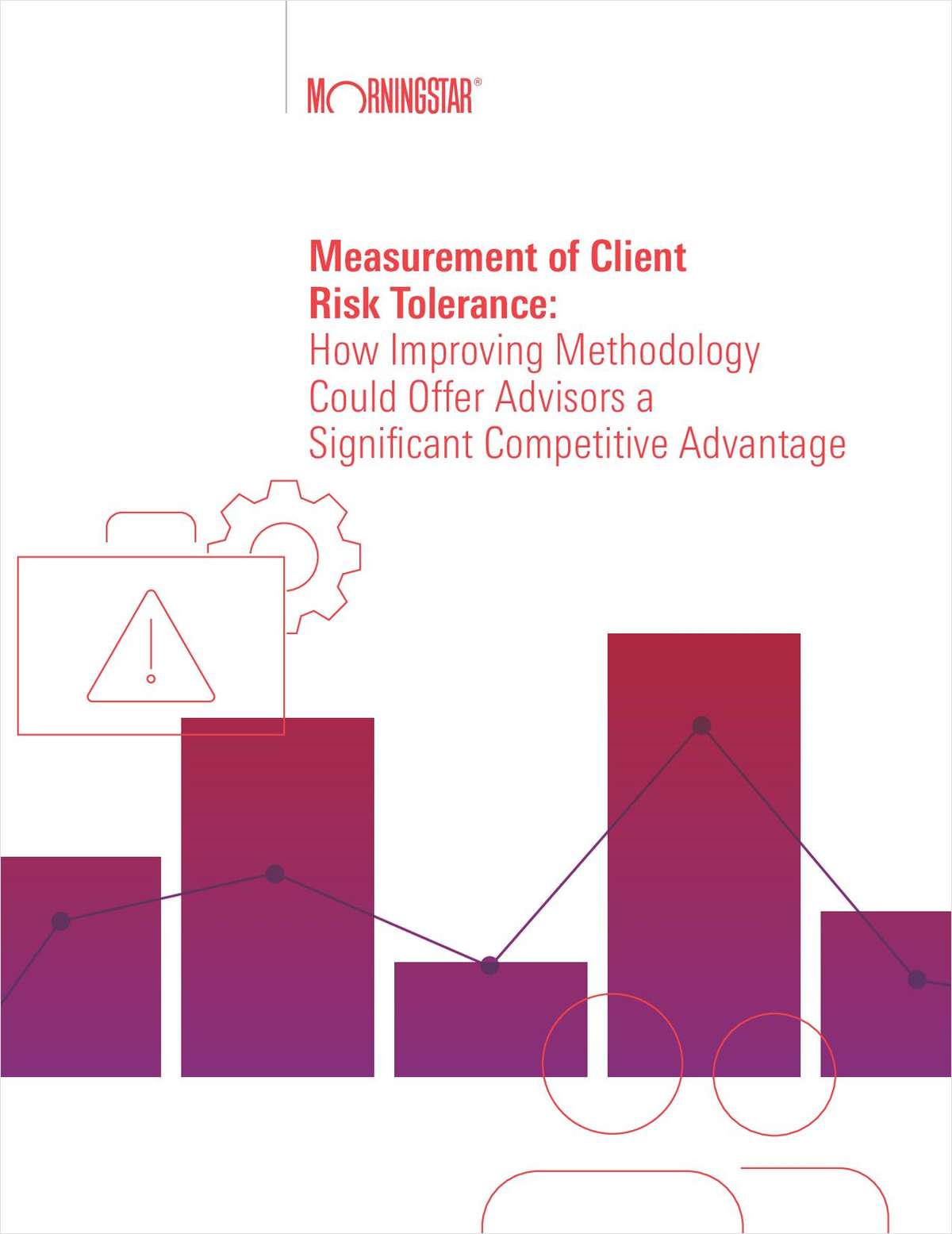 From left, Danelle Martin and Hayber attorneys Thomas Durkin and Richard Hayber. Courtesy photo.
From left, Danelle Martin and Hayber attorneys Thomas Durkin and Richard Hayber. Courtesy photo.Defense Must Pay Woman's $171,000 Legal Bill on Top of $34,000 in Owed Back Wages
Former bartender Danelle Martin successfully sued for $34,000 in back wages last year. Her attorneys will collect more than five times that amount.
June 19, 2020 at 03:09 PM
4 minute read
When it came to seeking $171,260 in legal fees for winning a back wages lawsuit in front of a jury last year, a team from Hayber, McKenna & Dinsmore looked for items to leave out of their request before submitting their final motion.
Anticipating pushback from opposing counsel, the firm eliminated charges related to every point they had lost at trial but held firm on the final bill. Last July, a jury ruled in favor of Hayber client Danelle Martin, in a lawsuit seeking back pay for her work at the DoubleTree Hilton in Windsor Locks.
Jurors found Martin, a former bartender at the hotel's Shade Bar and Grill, was entitled to two years' back pay, totaling about $34,000. But attorneys' fees would come to more than five times that amount.
Defendants from the hotel's parent companies—United Capital Corp. and AFP Management Corp.—fought the attempt to collect. They argued a demand for $171,250 was unreasonable, considering relatively small judgment. Based on their calculations, Martin's attorneys would be entitled to no more than $22,560 in fees.
But Superior Court Judge Thomas Moukawsher disagreed, and ultimately granted the larger request based on Hayber's calculations.
In a 13-page ruling June 8, Moukawsher said rates of $400 per hour for Hayber founding partner Richard Hayber and $250 per hour for associates Thomas Durkin and Lori Knuth qualified as reasonable. He also explained that Connecticut's Minimum Wage Act entitles winning plaintiffs to seek "reasonable" fee awards in cases involving back wages.
"Yes, a large amount of fees yielded a comparatively small recovery," Moukawsher wrote. But that is what the fee provision for these mostly small wage violation claims is about. As the Second Circuit recognized in 1999 in Quarantino v. Tiffany Co., without such disproportionate fee recoveries, cases like this would be 'too small to attract effective legal representation.' The act assumes that fee recoveries will sometimes be disproportionate, but by making fees mandatory the legislature created an incentive for lawyers to help enforce this law."
Reflecting on the ruling, Durkin said a favorable outcome had been expected. "We would have gotten a fee no matter what. The question is the amount of the fee," he said. "If you try to sneak items in on issues we lost at trial, that might be looked at with prejudice by the judge. We went through our records and combed out everything we spent time on but did not win at trial. We only put in the fees for the issues we won and presented that to the court. Honesty is always the best policy."
Durkin continued: "I think the most important lesson here for attorneys to learn is that if they take up causes for plaintiffs in wage act claims and or civil right cases, the courts will compensate them for their time."
In his ruling, Moukawsher said, "AFP Management's biggest claim is that Martin wasn't very successful with her claim, so she shouldn't be very successful with her claim for fees either."
The judge said he disagreed with the defense's logic.
"Nothing about considering fees requires the court to ignore the relative significance of a party's multiple claims—to distinguish between a tail and a dog. The main claim here was for the full minimum wage and penalties for not paying it. Martin won this claim. This isn't to say it was a frivolous claim. Despite opposition, the court sent the issue to the jury. But losing this long shot didn't make Martin's win what AFP Management calls it: 'a colossal lack of success.'"
In last year's ruling, the jury found the defendants should have paid Martin the full minimum wage for her work as a bartender, as opposed to a lower service wage for non-bartending hours worked. The full minimum wage at the time was $10.10 per hour, and the lower hourly wage for non-service work, including tasks other than serving food, was $6.38.
Representing the defense were Emanuel Kataev and Jamie Felsen of New Hyde Park, New York-based Milman Labuda Law Group. Kataev didn't respond to a request for comment and Felsen declined to comment.
Related stories:
This content has been archived. It is available through our partners, LexisNexis® and Bloomberg Law.
To view this content, please continue to their sites.
Not a Lexis Subscriber?
Subscribe Now
Not a Bloomberg Law Subscriber?
Subscribe Now
NOT FOR REPRINT
© 2024 ALM Global, LLC, All Rights Reserved. Request academic re-use from www.copyright.com. All other uses, submit a request to [email protected]. For more information visit Asset & Logo Licensing.
You Might Like
View All
Read the Document: 'Google Must Divest Chrome,' DOJ Says, Proposing Remedies in Search Monopoly Case
3 minute read
Apple Asks Judge to 'Follow the Majority Practice' in Dismissing Patent Dispute Over Night Vision Technology

'Don't Be Afraid to Dumb It Down': Top Fed Magistrate Judge Gives Tips on Explaining Complex Discovery Disputes

State High Court Adopts Modern Standard for Who Keeps $70K Engagement Ring After Breakup
Law Firms Mentioned
Trending Stories
- 1Scan In Progress: Litigators Leverage AI to Screen Prospective Jurors
- 2Matt Gaetz Weighs Future Role at Morgan & Morgan
- 3Amended 'Grieving Families' Bill Seeks Update to NY's 1847 Wrongful Death Statute
- 4As Global Law Firm Mergers Keep Coming, Will There Ever Be a New Swiss Verein?
- 5Nervous System: Grace Hopper’s Neutral Corner
Who Got The Work
Michael G. Bongiorno, Andrew Scott Dulberg and Elizabeth E. Driscoll from Wilmer Cutler Pickering Hale and Dorr have stepped in to represent Symbotic Inc., an A.I.-enabled technology platform that focuses on increasing supply chain efficiency, and other defendants in a pending shareholder derivative lawsuit. The case, filed Oct. 2 in Massachusetts District Court by the Brown Law Firm on behalf of Stephen Austen, accuses certain officers and directors of misleading investors in regard to Symbotic's potential for margin growth by failing to disclose that the company was not equipped to timely deploy its systems or manage expenses through project delays. The case, assigned to U.S. District Judge Nathaniel M. Gorton, is 1:24-cv-12522, Austen v. Cohen et al.
Who Got The Work
Edmund Polubinski and Marie Killmond of Davis Polk & Wardwell have entered appearances for data platform software development company MongoDB and other defendants in a pending shareholder derivative lawsuit. The action, filed Oct. 7 in New York Southern District Court by the Brown Law Firm, accuses the company's directors and/or officers of falsely expressing confidence in the company’s restructuring of its sales incentive plan and downplaying the severity of decreases in its upfront commitments. The case is 1:24-cv-07594, Roy v. Ittycheria et al.
Who Got The Work
Amy O. Bruchs and Kurt F. Ellison of Michael Best & Friedrich have entered appearances for Epic Systems Corp. in a pending employment discrimination lawsuit. The suit was filed Sept. 7 in Wisconsin Western District Court by Levine Eisberner LLC and Siri & Glimstad on behalf of a project manager who claims that he was wrongfully terminated after applying for a religious exemption to the defendant's COVID-19 vaccine mandate. The case, assigned to U.S. Magistrate Judge Anita Marie Boor, is 3:24-cv-00630, Secker, Nathan v. Epic Systems Corporation.
Who Got The Work
David X. Sullivan, Thomas J. Finn and Gregory A. Hall from McCarter & English have entered appearances for Sunrun Installation Services in a pending civil rights lawsuit. The complaint was filed Sept. 4 in Connecticut District Court by attorney Robert M. Berke on behalf of former employee George Edward Steins, who was arrested and charged with employing an unregistered home improvement salesperson. The complaint alleges that had Sunrun informed the Connecticut Department of Consumer Protection that the plaintiff's employment had ended in 2017 and that he no longer held Sunrun's home improvement contractor license, he would not have been hit with charges, which were dismissed in May 2024. The case, assigned to U.S. District Judge Jeffrey A. Meyer, is 3:24-cv-01423, Steins v. Sunrun, Inc. et al.
Who Got The Work
Greenberg Traurig shareholder Joshua L. Raskin has entered an appearance for boohoo.com UK Ltd. in a pending patent infringement lawsuit. The suit, filed Sept. 3 in Texas Eastern District Court by Rozier Hardt McDonough on behalf of Alto Dynamics, asserts five patents related to an online shopping platform. The case, assigned to U.S. District Judge Rodney Gilstrap, is 2:24-cv-00719, Alto Dynamics, LLC v. boohoo.com UK Limited.
Featured Firms
Law Offices of Gary Martin Hays & Associates, P.C.
(470) 294-1674
Law Offices of Mark E. Salomone
(857) 444-6468
Smith & Hassler
(713) 739-1250










